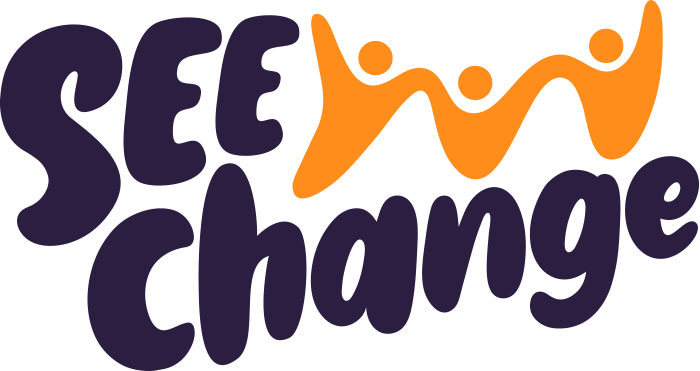The Flying Foxes of Commonwealth Park
On Saturday the 13th of April, a large crowd gathered under the grand old Commonwealth Park Eucalyptus trees, their attention firmly concentrated on the tree…and as cameras snapped and phones pointed heavenward, it became apparent to even a casual observer that the main attraction was bats. The crowd were here to experience the massive, chattering colony of nomadic Flying foxes that have established a temporary residence in the park each summer for many years.
People came as guests of SEE Change and ACT Wildlife’s Flying Fox Walk and Talk event to experience the massive congregation of flying foxes and better understand their lifestyle, reason for being in the park and conservation status.
For this event, SEE Changes objectives were to promote education and better community understanding of the social life of a Flying Fox, to remind our audience of their vital role as pollinators and their seed dispersal services, and their increased vulnerability as their forests are destroyed by fire and development.
With this in mind, we invited Dr Peggy Eby, a wildlife ecologist and science communicator who has studied the Flying Foxes of Southeastern Australia for decades, to be our speaker. Peggy holds an adjunct position in ecosystem science at the UNSW and is actively involved in public outreach and promoting conservation and management-based research. Her vast knowledge of the bat world and her passion and concern for their survival made for a well-attended, memorable presentation.
ACT Wildlife representative Stephen Bartos spoke of their carers' protective role as flying foxes are increasingly impacted by urban threats and need to come into care. And just for fun (and science) we rounded off the morning with a citizen science bat survey led by Dr. Belinda Wilson, a recent graduate ecologist from the ANU who has spent the last few years studying the Commonwealth Park bat colony. Using her map of ‘bat trees’ and Google imagery, we located the various roosting sites in the garden and counted the bats they contained. As she guided us through the colony, she spoke of her research findings and their relevance to the knowledge accumulated from studies of other urban bat colonies.
Fun and informative!
We thank all our speakers and guests for making it a memorable day in bat world.

